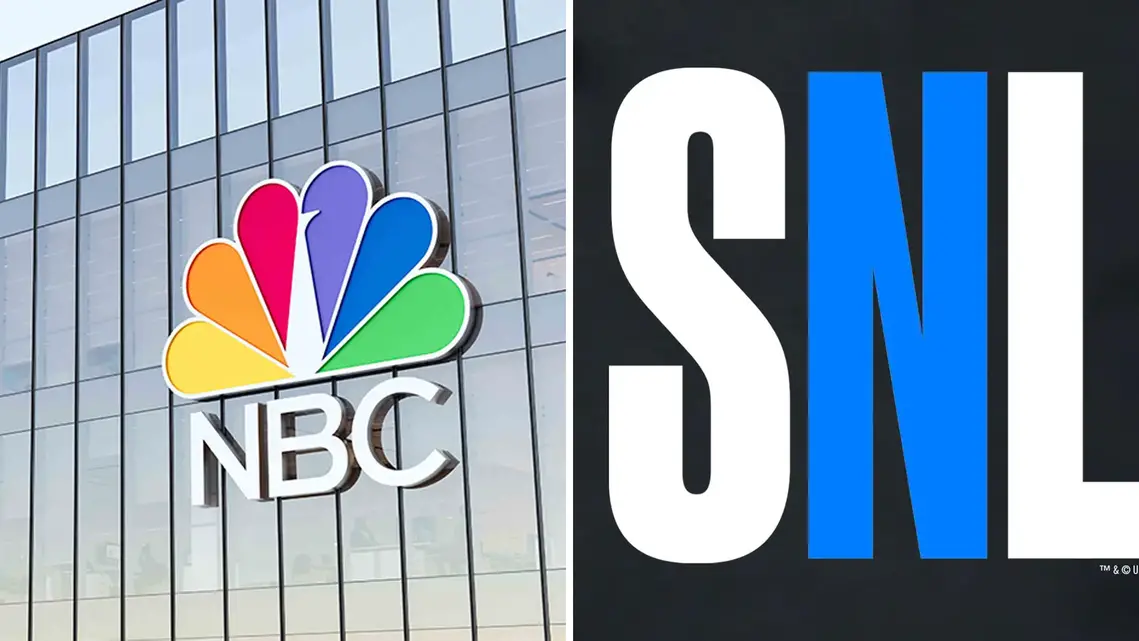
Since its inception in 1975, SNL has been a staple of American television, lauded for its sharp wit, political satire, and the launchpad it provided for numerous comedy careers. From the genius of its early years under the direction of Lorne Michaels to its renaissance periods in the 1990s and early 2000s, SNL has been an integral part of the country’s cultural fabric. It has introduced audiences to iconic characters, catchphrases, and parodies that have remained relevant for generations.
However, in recent years, SNL has faced mounting criticism for its apparent shift towards a more politically correct and ‘woke’ comedic stance. Critics argue that this new direction has led to a decline in the show’s quality, with sketches often prioritizing moral messages over humor. “Comedy is about pushing boundaries and making people laugh uncomfortably at the truths of society. When you start policing jokes for political correctness, the essence of comedy is lost,” explains comedy historian, Dr. Laughs A. Lot.
Viewer ratings have reflected this discontent, with a noticeable dip as audiences began to turn away, seeking entertainment that didn’t feel as though it was walking on eggshells. Social media platforms have been ablaze with viewers’ frustrations, with many lamenting the loss of the edgy, irreverent humor that once defined SNL.
The decision to cancel SNL was not made lightly. NBC executives engaged in months of deliberation, reviewing viewer feedback, ratings, and the cultural impact of continuing the show in its current form. “It became clear that what SNL had morphed into was no longer in line with what audiences wanted. It’s a sad moment for us, but we believe it’s the right decision,” shared an NBC spokesperson.
In a statement, NBC thanked Lorne Michaels, the cast, and crew for their years of dedication and creativity, acknowledging the difficult nature of the decision. “This is not about discrediting the incredible work that has been done. It’s about recognizing that all shows have a lifespan, and SNL’s groundbreaking journey has come to an end.”
The announcement has divided fans and critics alike. Some view it as the end of an era, mourning the loss of a television institution that had become a Saturday night ritual. Others, however, see it as a necessary step towards reinvigorating the comedy landscape, allowing new voices and formats to emerge.
Notably, former cast members have expressed a range of emotions, from sadness to understanding. “SNL was a home for so many of us, a place where we could be fearless in our comedy. It’s heartbreaking to see it end, but I also understand the reasons behind the decision,” remarked a beloved SNL alum.
The cancellation of SNL marks a significant moment in television history, signaling perhaps a shift in what audiences expect from comedy. In its absence, there’s an opportunity for new shows to rise, offering different perspectives and humor that resonate with today’s viewers.
NBC has hinted at its commitment to developing fresh comedic talent and formats that reflect current societal attitudes. “Our commitment to comedy remains strong. We’re excited about the future and the new projects we have in development,” the network stated.
As the news settles, the legacy of SNL remains undeniable. For nearly half a century, it has been a mirror to society, reflecting its absurdities, challenges, and triumphs through comedy. Its impact on the entertainment industry and on American culture cannot be overstated, providing a launching pad for countless careers and shaping comedic tastes across generations.
The end of SNL is not just the conclusion of a television show but the closing of a significant chapter in the story of American comedy. As NBC looks to the future, the challenge will be to capture the magic and relevance that made SNL a household name while adapting to the evolving landscape of humor and entertainment. The curtain may be closing on SNL, but its influence and the laughter it brought into homes will continue to echo, reminding us of the power of comedy to unite, challenge, and entertain.